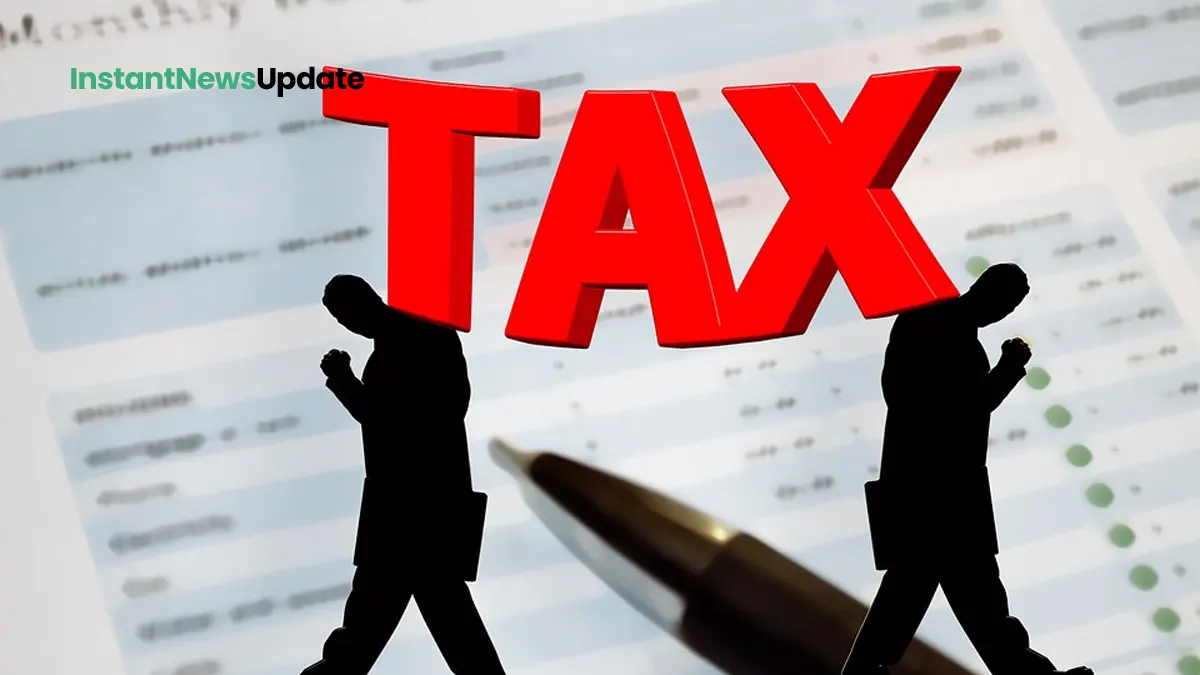In a compelling speech at the Institute for Government, former Prime Minister Liz Truss asserted that the current UK government, led by Rishi Sunak, has overspent by a staggering £35 billion compared to her proposed economic plan. This public address comes nearly a year after Truss’s brief tenure as Prime Minister, marked by the now-infamous mini-budget that played a pivotal role in ending her premiership.
A Detailed Breakdown
Liz Truss, a key figure in British politics, broke down her economic plan and the potential savings it could have yielded:
£35 Billion in Potential Savings
Under Truss’s economic vision, the UK could have saved a substantial £35 billion. This includes £18.4 billion in 2023/24 and an additional £17.1 billion in 2024/25.
A Different Approach to Spending
Truss emphasised her intent to alter the spending trajectory by imposing stringent measures, including refraining from approving new spending during the upcoming spending review period. Her stance, as reported by The Daily Telegraph, aimed to confront the challenge of rising inflation head-on.
Comparative Savings
Truss asserted that her decision would have resulted in significant savings when compared to Chancellor Rishi Sunak’s public spending plans. Specifically, it could have saved £13.6 billion in 2023/24 and £12.3 billion in 2024/25.
Benefit Adjustments
Additionally, Truss’s proposal included aligning benefits with wage increases rather than inflation, potentially saving £9.6 billion over a two-year period.
A Struggle for Political Support
Despite the potential for substantial savings, Truss highlighted the lack of political support for her fiscally conservative approach within the parliamentary party. She emphasised the challenge of effecting significant changes to government spending without sufficient backing.
Truss’s Ongoing Public Engagement
This speech marks the latest in a series of public appearances and interventions by Liz Truss since her victory over Rishi Sunak in last summer’s Tory leadership race, followed by her resignation in October.
Stay tuned for further updates on this ongoing debate regarding the UK’s economic path.









